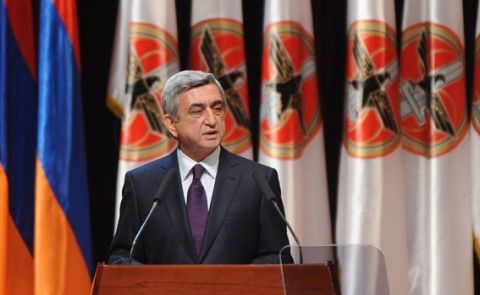
Pashinyan Denounces Prioritization of Karabakh Movement Over Armenian Statehood
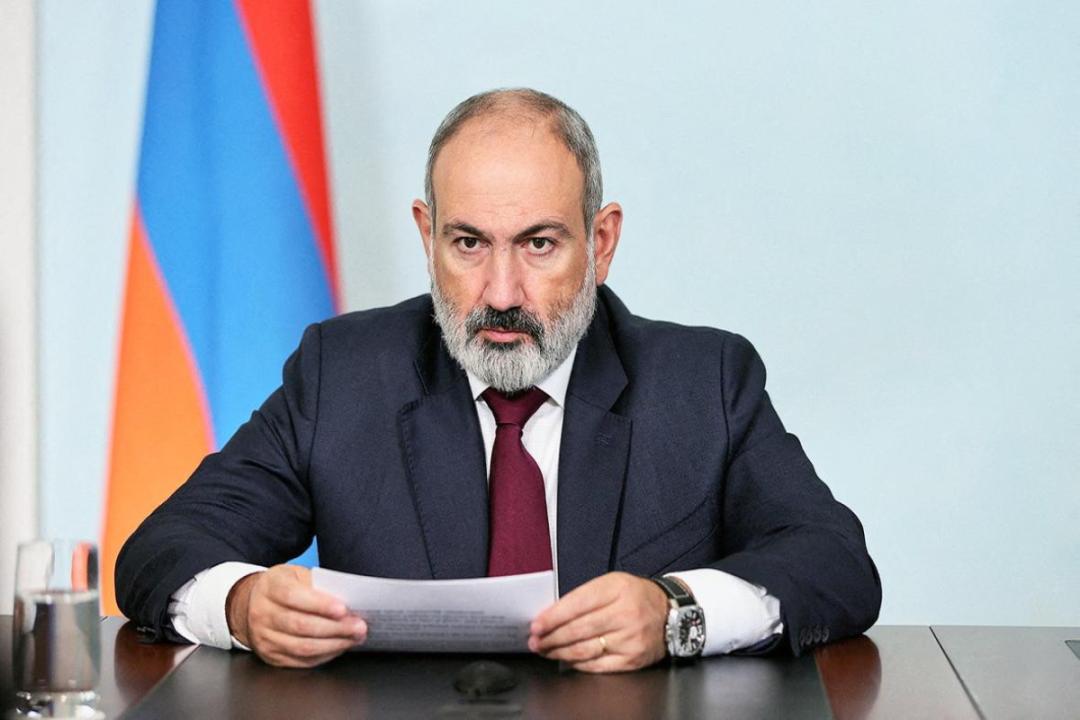
On April 17, Armenian Prime Minister Nikol Pashinyan, in his closing speech to the National Assembly on the implementation of the 2024 government program, underscored the importance of shifting from viewing Armenia as a homeland to recognizing it as a sovereign state. He highlighted the unprecedented opportunity to achieve sustainable statehood through peace with Azerbaijan.
Pashinyan noted that Armenian discourse often prioritizes foreign narratives over national perspectives, a mindset he described as a remnant of the San Stefano and Berlin era. He stressed that developing and asserting Armenia’s own voice is crucial for shaping its destiny. He reaffirmed that Armenia and Azerbaijan have mutually recognized each other’s territorial integrity and sovereignty at both political and legal levels, citing the Alma-Ata Declaration as the foundation for border demarcation. He urged both Armenian and Azerbaijani actors to avoid undermining this framework and confirmed that the draft peace agreement is finalized, with no obstacles to its signing. Additionally, he proposed a joint Armenian-Azerbaijani statement within the OSCE to dissolve the Minsk Group structures.
The Prime Minister declared that Armenia has never had such an opportunity in its millennia-long history to secure lasting statehood. Reflecting on the government’s leadership over the past seven years, Pashinyan acknowledged both setbacks and resilience, emphasizing that true leadership involves guiding the nation through crises to establish genuine statehood and independence. He asserted that the current government has identified, managed, and mitigated risks that were previously overlooked.
During the session, Pashinyan addressed the notion that Armenian independence was initially pursued not for prosperity but to resolve the Karabakh issue. He explained that for decades, Armenia’s statehood was subordinated to the Karabakh movement, but he eventually realized that external actors exploited the Karabakh issue to undermine Armenian sovereignty. This realization peaked in 2020–2021, and he warned that some domestic forces still prioritize the Karabakh movement over statehood. Pashinyan labeled any efforts to revive the Karabakh movement as destructive, arguing that they ultimately weaken Armenia’s independence.
Pashinyan emphasized the need to adapt to global changes, warning that failure to do so would marginalize Armenia. Responding to opposition criticism of reforms such as real estate taxation, transparency measures, and the universal declaration system, he argued that these reforms are essential for public welfare, justice, and social cohesion.
See Also

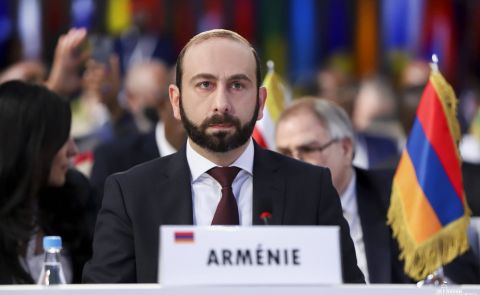
Armenia Seeks Full Normalization with Türkiye, Pushes for Peace
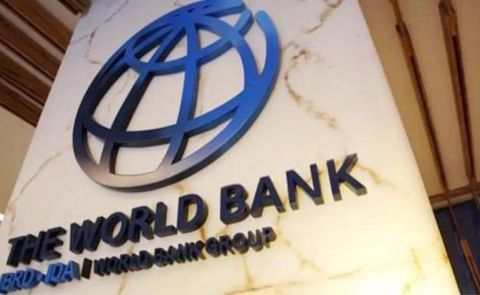
Armenia Launches Major Tourism Upgrade with World Bank Support
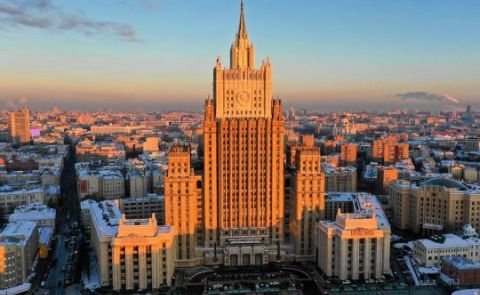
Russia Ready to Restore Ties with Georgia, Criticizes France and EU’s Actions in South Caucasus

Rossotrudnichestvo Hopes Russian House Issue in Baku Will Be Resolved at Presidential Level

